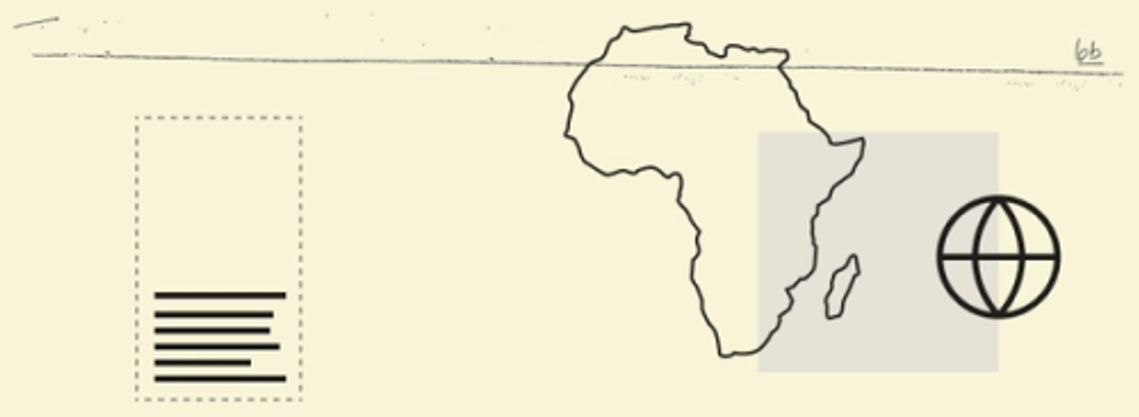 Commodities Reuters/Ange Aboa Reuters/Ange Aboa🇬🇭 Cocoa production in Ghana has fallen 50% this year, placing further pressure on the country’s already-struggling economy. The disastrous harvest resulted from erratic weather and tree disease. 🇬🇳 Mining firm Rio Tinto said it had received regulatory approval from Guinea’s government to begin its long-delayed iron ore project, with production to begin next year. 🇳🇬 Nigeria’s Dangote Refinery alleged that international oil companies in the country are offering to sell crude to it at “way higher than the market prices.” Governance🇳🇬 Nigeria’s president asked lawmakers to approve $4 billion of additional spending to plug budget shortfalls. He proposed imposing a windfall tax on banks to increase government revenues. 🇬🇳 Guinea’s lawyers are on a nationwide strike in protest against arbitrary arrests and detentions they say have been carried out by the country’s military government. Geopolitics🇸🇩 Ten million people in Sudan have been displaced by fighting in the country, marking the largest displacement of people in the world, the United Nations has said. More than 2 million fled to neighboring countries. 🇦🇪 🇪🇹 The UAE and Ethiopia have entered into a currency swapping agreement worth $817 million. Crime🌍 International policing organization Interpol announced it had arrested 300 people from five continents in an effort to crack down on widespread online financial fraud originating in West Africa. Deals🇳🇬 Chappal Energies, an Africa-focused oil and gas investor, will buy TotalEnergies’s stake in oil and gas producing assets in Nigeria for $860 million. 🌍 d.light, a provider of solar home products to low income African households, will buy $176 million of receivables in Kenya, Tanzania and Uganda through a debt facility secured by African Frontier Capital, an investment company. 🇿🇦 South African ride sharing company LULA acquired the local operations of London-based bus sharing company Zeelo for an undisclosed amount. Tech🇿🇦 Stakeholders in South Africa’s data center industry are warning that members of so-called “construction mafia,” who sometimes violently demand illegal shares in development projects, risk sabotaging investment in the sector. |